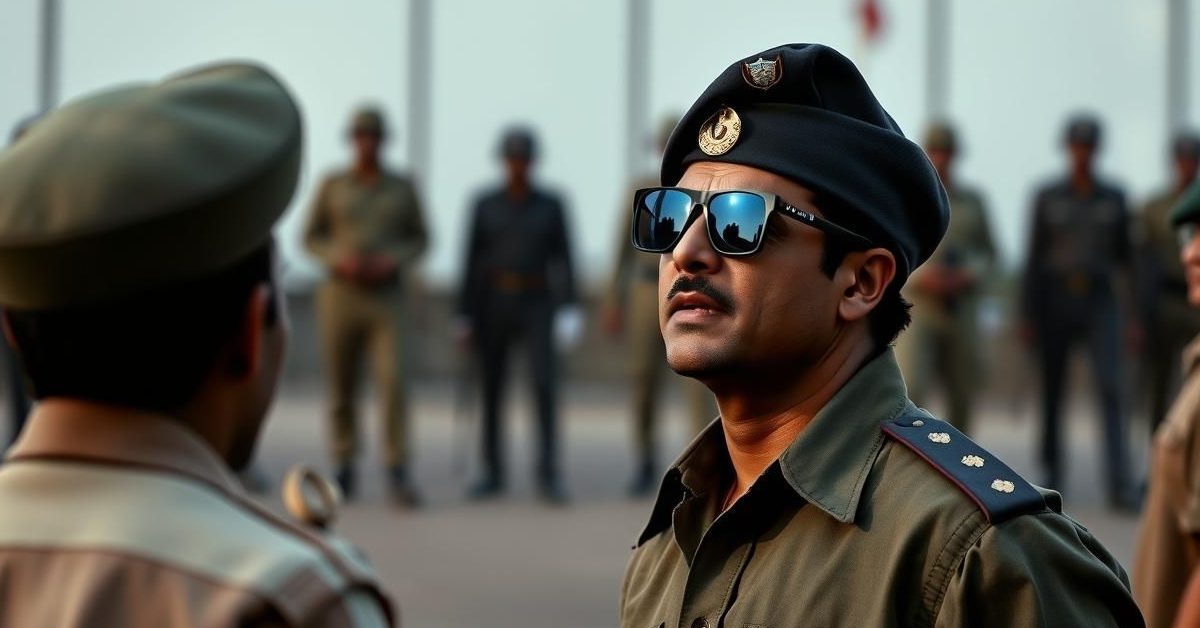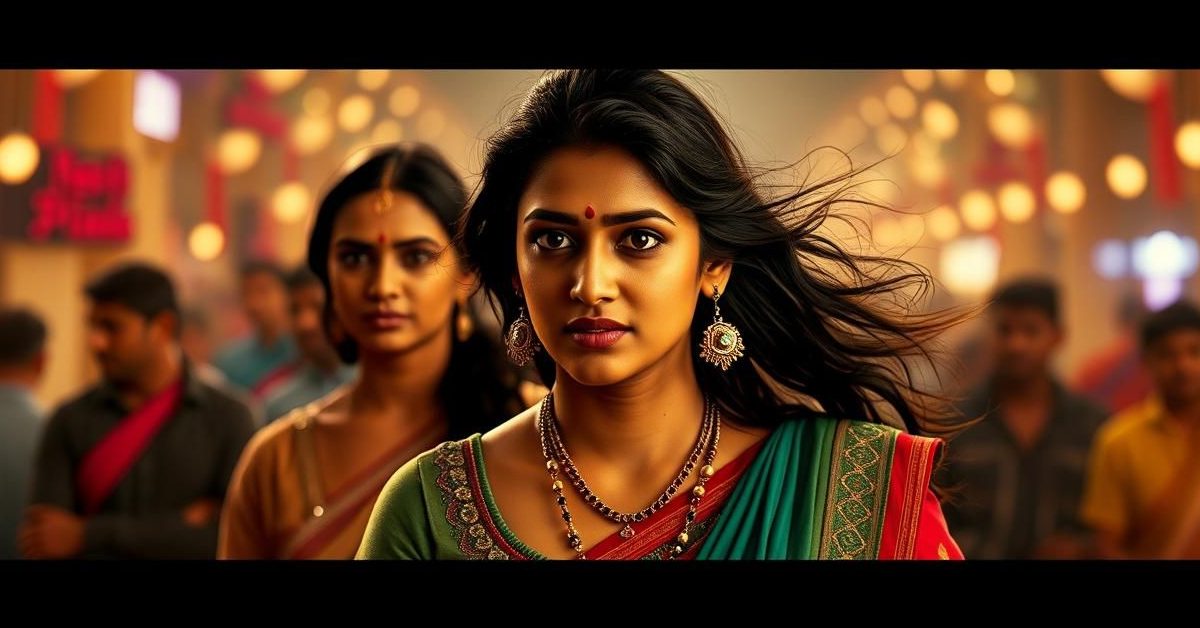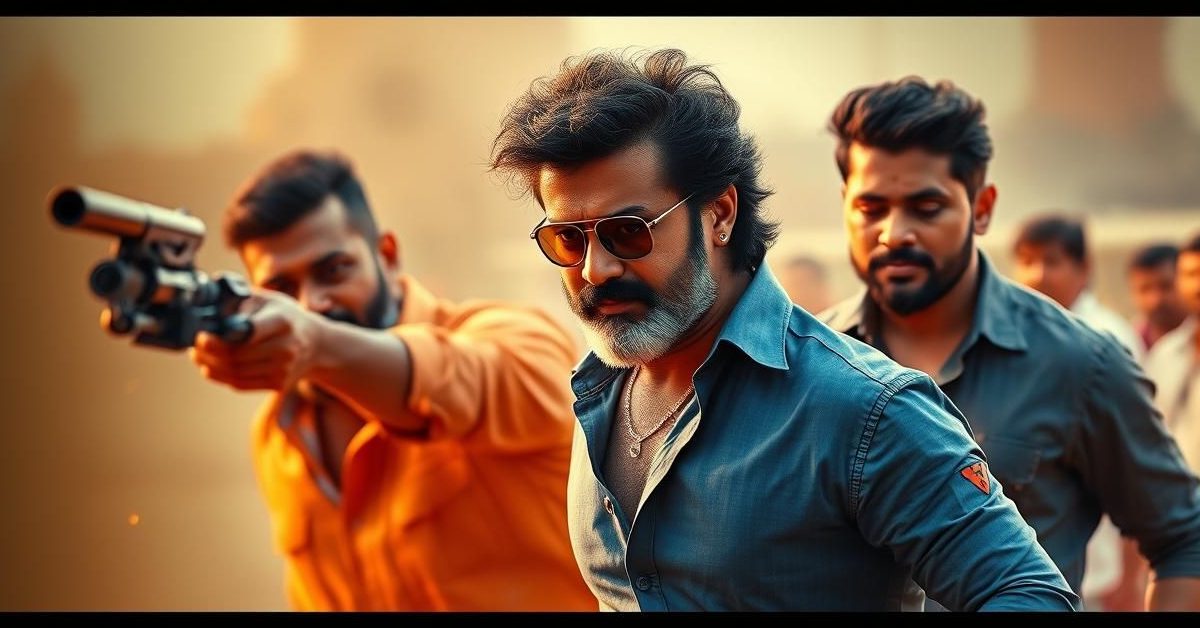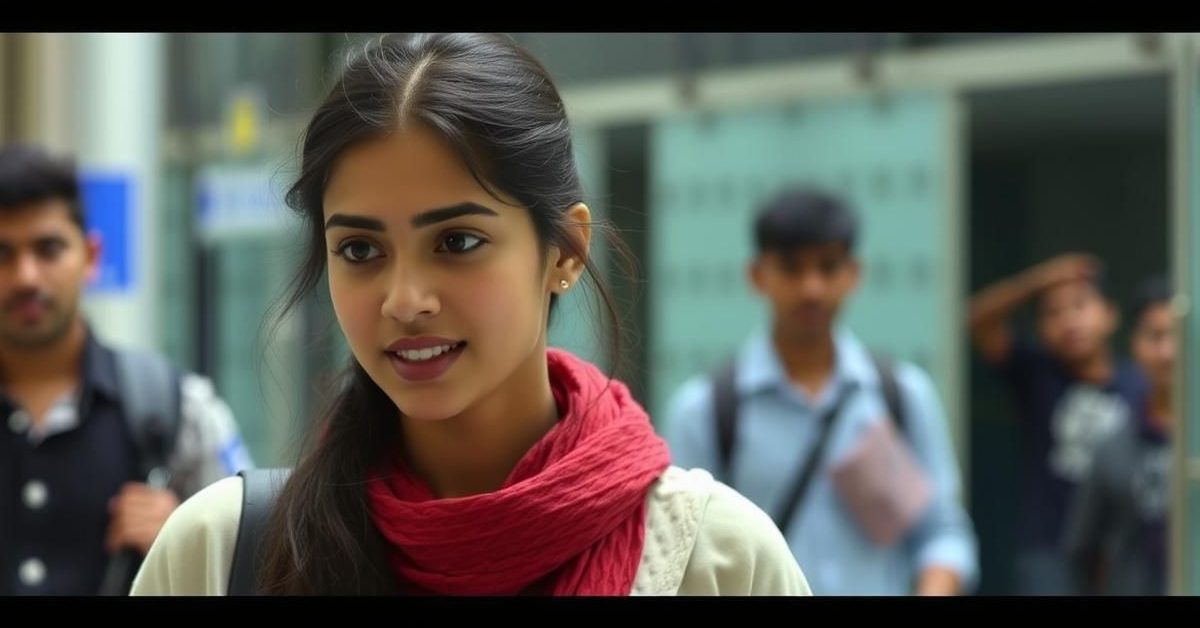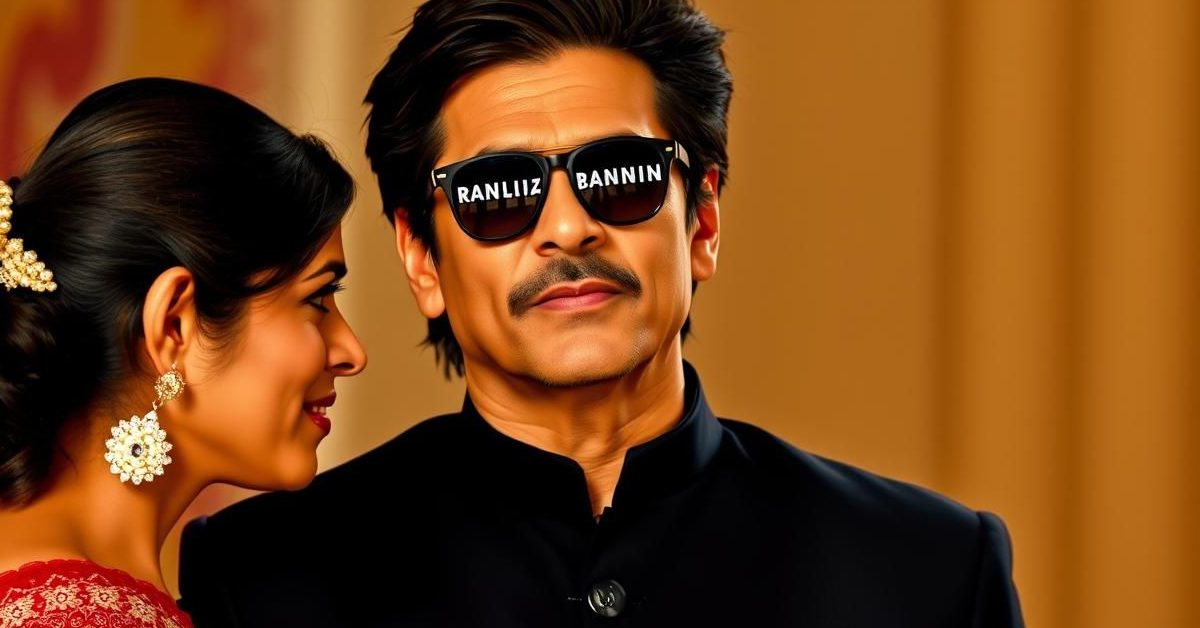Shah Rukh Khan’s recent National Award win for his film *Jawan* has sparked considerable debate, especially given the awards’ recent history and the choice of film over his more traditionally acclaimed roles.
The Shifting Sands of National Awards
The National Awards have unfortunately seen their credibility decline over the years. Once a beacon of artistic merit, they’ve often been criticized for their perplexing choices.
Recent selections, like “The Kashmir Files” winning for national integration or “The Kerala Story” bagging technical awards, have only deepened this skepticism. Many feel the prestige has dwindled significantly.
SRK’s Unexpected Win for Jawan
It’s astonishing that in a career spanning 33 years, this marks Shah Rukh Khan’s very first Best Actor National Award. Even more surprising is that he received it for *Jawan*.
Fans and critics alike questioned why this particular film was chosen over his iconic performances in films like *Swades*, *Chak De India*, *Devdas*, or *My Name Is Khan*. The internet buzzed with the debate: “Really, for *this* one?”
Redefining “Award-Worthy” Acting
The discourse around SRK’s win highlighted a common bias: the idea that only subtle, internal performances are truly “award-worthy.” There’s a prevailing notion that great acting must be minimal and contained.
However, this view often overlooks the power of maximalist, expressive performances. Indian cinema thrives on grandiosity and star power; flamboyance is often expected and enjoyed. Why do we hesitate to celebrate powerful, external acting?
Delivering an expansive, heightened performance can be incredibly challenging. It requires immense control to be compelling without tipping into exaggeration. Great “star acting” is a craft in itself, demanding a unique presence and projection.
The Jury’s Broader View
Perhaps the National Awards jury, this time, showed a more inclusive understanding of acting. Recent winners like Allu Arjun for *Pushpa* and Rishab Shetty for *Kantara* exemplify strong, flamboyant roles.
Alia Bhatt in *Gangubai Kathiawadi* also delivered an emotionally charged performance with operatic touches. Alongside these, Vikrant Massey’s *12th Fail* showcased the brilliance of restraint.
These diverse choices suggest the jury recognizes that both maximalism and minimalism can be equally significant and skilled. Their decision to honor *Jawan* aligns with this broader appreciation.
The True Impact of Jawan
*Jawan* stands out as one of the few recent mass-market films that truly hit the mark, largely thanks to Shah Rukh Khan’s performance. It’s a masterclass in swagger and style, packed with magnetic and moving moments.
His role in *Jawan* is arguably his most politically charged to date. It reflects a deep understanding of the country’s past and what it could still be, urging audiences to question, think, and challenge.
In *Jawan’s* final scene, SRK breaks the fourth wall, pushing back against bigotry and apathy. This performance, and the award, serve as a powerful reminder of courage and conviction.
The discussion around this particular National Award win underscores a vital conversation about how we appreciate and define excellence in Indian cinema.
